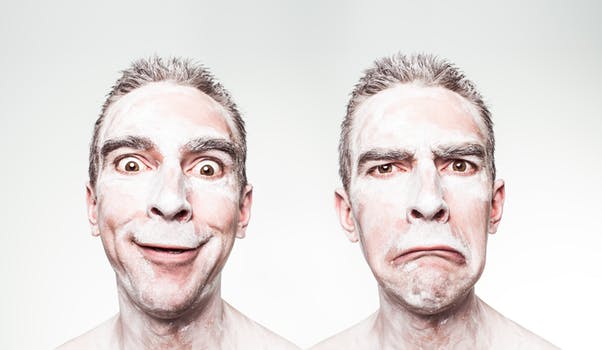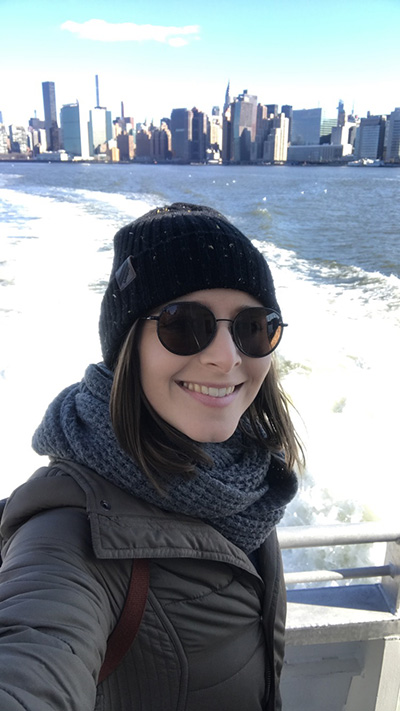So you’ve done 50 hours volunteering, 18 hours of leadership or challenge and attended 10 employability workshops – sweet!
All that is left is the final reflection. You’ll bang that out in an hour or two and the AUT Edge Award is yours! Well yes, but no! The final reflection takes 4 to 8 hours to draft, refine, polish and complete. Sorry!
This may sound painful but if you get your head around the tips below, you’ll get it done in far less than 8 hours – so read on…..
What is the final reflection?
When you reach the final reflection, you’re at the point where we ask you to think about what has changed for you while you were doing the Edge Award, both professionally and personally by reflecting on three major personal learning experiences you have had over the period of the Edge Award.
Personal learning experiences are – strangely enough – personal so they need to be written in the first person ( “I”) and describe personal changes or a new learnings you experienced while doing the award. Yep, that’s right, this is NOT an academic essay. No third person please, no referencing! We want to hear what you thought, felt, loved and hated – you, you, you.
 Equally important - we also want to find out what has changed for you and how your ideas and knowledge may have shifted because of the experiences.
Equally important - we also want to find out what has changed for you and how your ideas and knowledge may have shifted because of the experiences.
You then present these through an essay, presentation or video (other suggestions, come ask us). You must have a coaching session with us before you submit. This is to make sure you have understood what is required.
How do I choose learning experiences?
Think about the activities you did in each Award area. What activities made a difference to how you view the workplace or the world and how you fit in it? How did your thinking, attitudes, values or skills change?
What did you do that challenged you professionally or personally? What gave you a new perspective on work, study or your attitudes or values?
Your learning experience is the change that occurred, not the activity you did! So doing Toastmasters or learning how to put a CV together is not the learning experience without some analysis of what else you gained from it.
For example, if you try something new such as help to organise an event or get involved in a volunteering activity, we would want to know what your thoughts were before you started. Then after doing it, how was it different from your expectations (if it was) and what you learned from that experience?
We also want to know how you felt going through that experience, what you found challenging etc
If you’re doing something you have done before, you’ll need to think about whether you’ve learned anything new or you’ve changed your perspective.
Then what?
1/ Start your learning experience by telling us how you initially felt or thought about what you decided to do for the Award. Was it that you didn’t see the point of volunteering because you weren’t getting paid? Was it that you thought a leader told people what to do? Or that you didn’t need to have a CV to get a job?
2/ You write about what you did, including the challenges that you had to overcome. Often it is a challenge that changes your thinking or means you need to develop new skills.
3/ Then conclude by showing how you now think, see, act in that situation and how this has improved your understanding and how it might be helpful in job search or the workplace in the future.
There are final reflections which demonstrate the tenacity of you guys, of the huge growth of confidence that often occurs, the amazing range of volunteering and leadership activities you get involved in and your ability to question quite fundamental values and reassess your place in the world. Just brilliant - sometimes tearful even.
Definite benefits for FB Intern

Jessica Tweed, an AUT Edge Award graduate who did an internship for Facebook in New York, says the reflection offered unexpected benefits.
"Reflecting on your activities may seem tedious at first, but it's actually the most rewarding part of the Edge Award. When you present your reflection (through whichever format you select) you showcase your ability to organise and summarise your thinking," says Jess.
"It teaches you the value of being able to articulate your key experiences in an engaging way, which is incredibly important for employability.
For example, you may be asked about your Edge Award activities in a job interview or at a networking event, and the reflection sets you up for success in those situations. Knowing how to present information is an essential business skill so don't discount this opportunity!"
Need help?
Get in touch with Nicola Buisman, the coordinator for the Edge Award and the Beyond Award.
Written by AUT Employability & Careers writer Angela McCarthy.
Originally posted on the AUT Employability Blog where you can also access heaps of other useful information on employability and career issues





